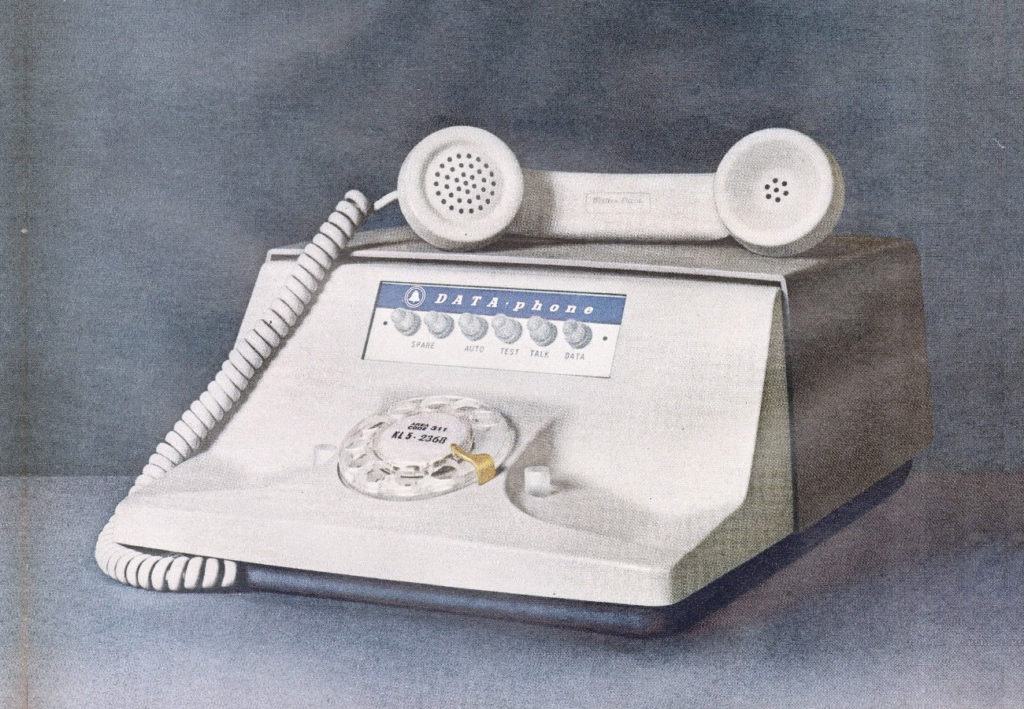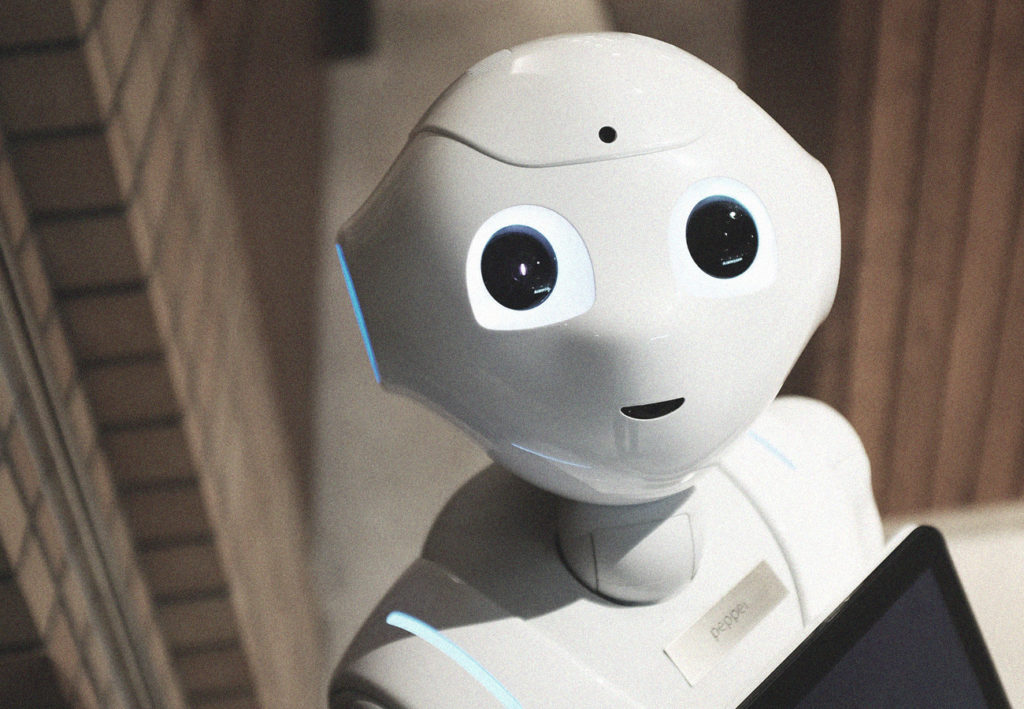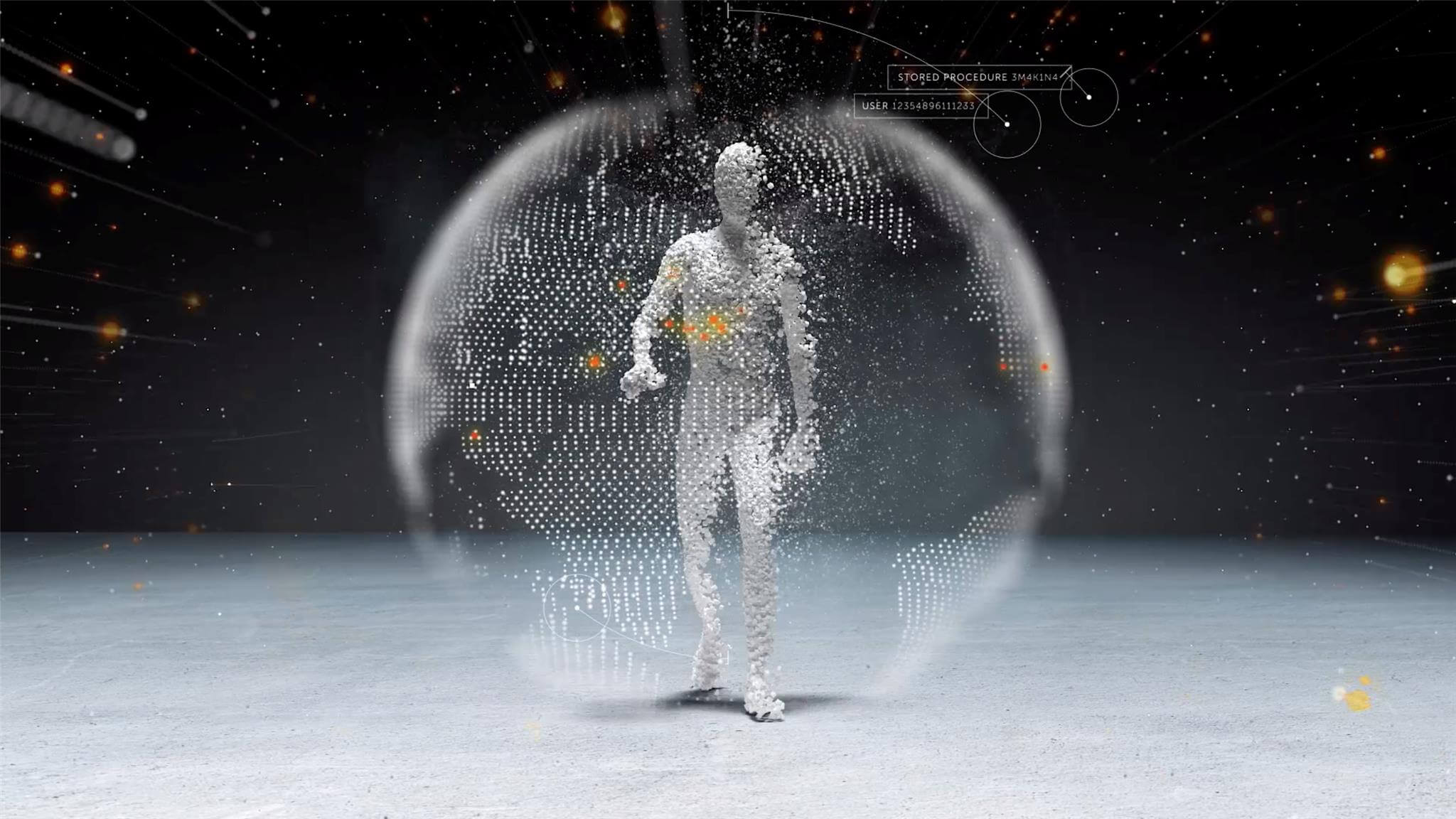Ceci n’est pas une sci-fi: these futurists had 20/20 foresight

The most accurate and avant-garde visions of the future are not exclusive to sci-fi authors; they sometimes come from the minds of people who seem blessed with the power of foresight. Engineers, entrepreneurs, journalists and others have played the futurists’ game: trying to realistically foresee what the world of ‘tomorrow’ will be like. At the heart of their thinking is often the issue of human communication – in particular the desire for a simpler way to exchange information.
Here is a short guided tour of some of the visionary spirits who have imagined the future with some success and accuracy.
Bell System’s connected machines
In 1961, Bell System sponsored the documentary The Challenge of Change by director Henry Strauss, who addressed the challenges faced by businesses. In a context of ongoing growth, they used the era’s meagre communication tools to try and make their production processes more fluid. In this movie, Strauss sketches the technological solutions that, in an idyllic future, could help these businesses. Already, access to centralised information appeared to be key in overcoming these challenges. To resolve communication problems in increasingly vast and sprawling structures, machines were seen as ideal solutions.

Tools like the early-1960s’ Data Phone (allowing two machines to exchange information through a telephone line) made Bell System look like it belonged in the 21st Century. But it wasn’t enough for the company that contemplated selling tools allowing live audio-visual transmission and shopping from home as early as the mid-60s. Talk about visionary stuff!
Cronkite’s automated homes
On 27 March 1967, CBS’ The Twenty-First Century aired an episode called At Home, 2001 imagining a house of the 21st Century. Even though the expression hadn’t yet been thought of, home automation (that linguistically appeared after the 1978 oil crisis) was present in these fantasies.
In this 20-minute episode, journalist Walter Cronkite, along with engineers and architects, pictured what the home of the 2000s will look like. Some predictions missed the mark (like mobile, inflatable chairs), but others were spot on.

Cronkite imagined houses in the future would be centred around central, computerised consoles that controlled every device: giant 3D screens, sound systems setting the mood in every room, and closed-circuit surveillance cameras. TV shows would be available on demand, according to the family’s mood, and there’s plenty of time to watch a game or the latest cool feature film, since robots vacuum the house, freeing up precious time from housekeeping chores. Today, in a world where TiVo, Netflix and Roombas have become usual, we can only marvel at the accuracy of these predictions.
Furthermore, Cronkite claimed the 21st Century would be about homeworking. Devices mixing screens and interactive consoles make it possible to work from the comfort of one’s home. News, weather forecast, stock markets are displayed live and communication with colleagues happens through videoconference systems. The information available at the push of a button is limitless. Long before it ever appeared in homes, Cronkite had already seen how Personal Computers would someday be so inseparable from our everyday lives.

Sculley’s personal assistants
The most striking example of astute futurism can arguably be attributed to John Sculley, former Apple CEO, who, in his 1987 work Odyssey, described what he then called ‘Knowledge Navigator’. Long before internet for all and smartphones, Sculley talks about personal assistants and predicts how they will become such important parts of our lives.
In his book, Sculley presents this Knowledge Navigator as a device capable of accessing gigantic network-connected databases navigated through the help of interactive links called ‘cyberlinks’. Thanks to smart software capable of communicating in human language, he adds, navigating these enormous oceans of information would be made easy for everyone.
Siri, what’s 20/20 foresight?
In 1987, Sculley thus predicted Siri, twenty years (and some) before she became iPhone users’ best friend. He also invented the concept of open docs, that made sharing information so much simpler by standardising data. Even before the technology that would make all this possible existed, this futurist had already envisioned quite precisely the tools that would change our lives.
All this shows that you don’t need to be Philip K. Dick or Asimov to qualify for prophet status. If it is true that the fantasies of sci-fi authors contribute to advancing civilisation, they are far from being the only ones to do so. Every day, anonymous engineers, scientists, architects, or just ‘good thinkers’ are shaping our future – by allowing themselves to dream. And, for those who can, by giving us the means to turn those dreams into reality.
Our recent blog posts
See all blogs-
How is AI’s synthetic data enhancing User Experience Research? Technology

-
Web3.AI Rising : How new technology can add value to your business

-
How generative AI helped us create an e-commerce app – with personalised content – in just 2 weeks Technology

-
Can you build a foodie app in 3 days using Generative AI? (Spoiler alert: yes!)


